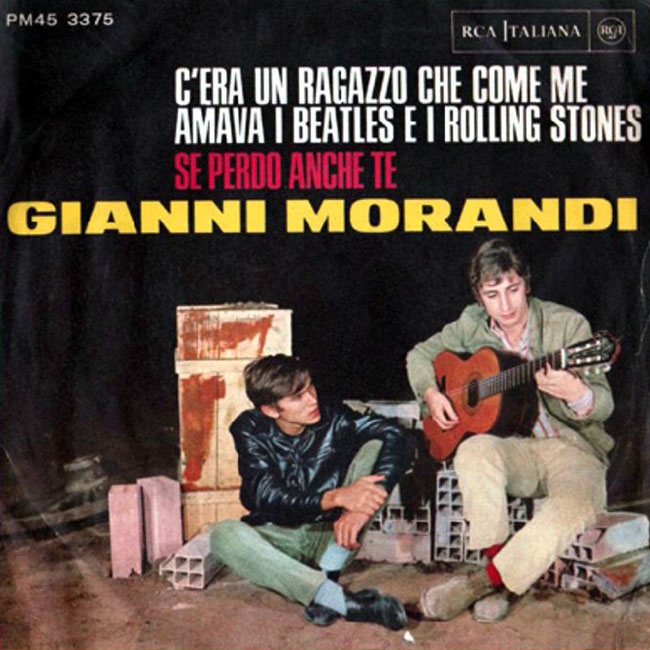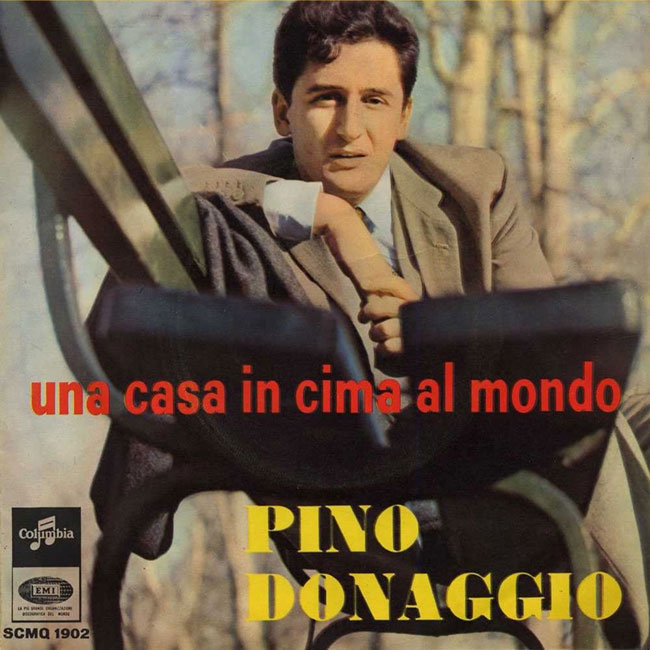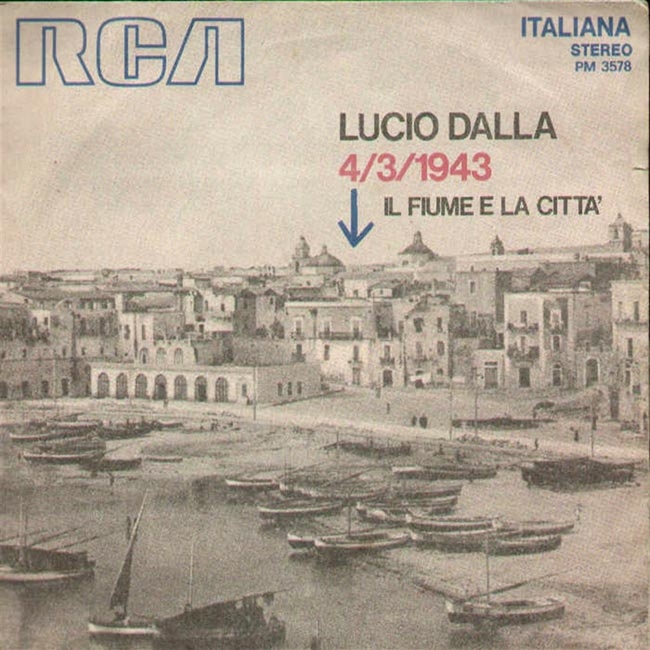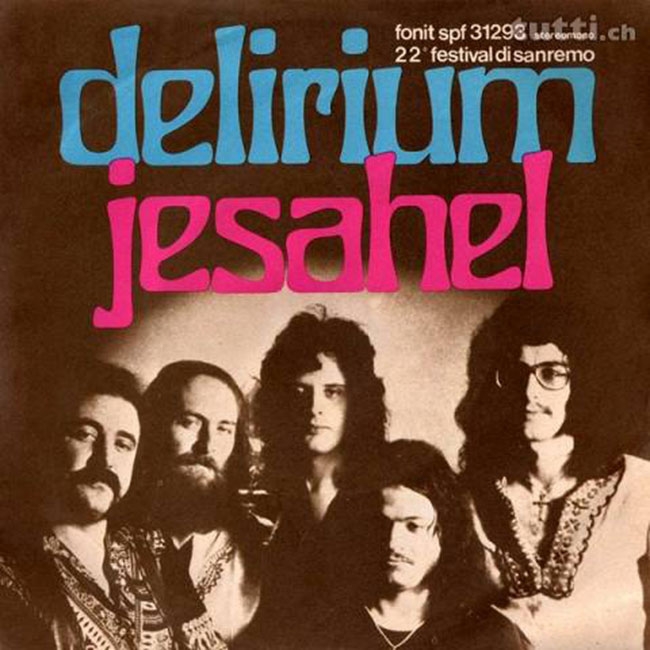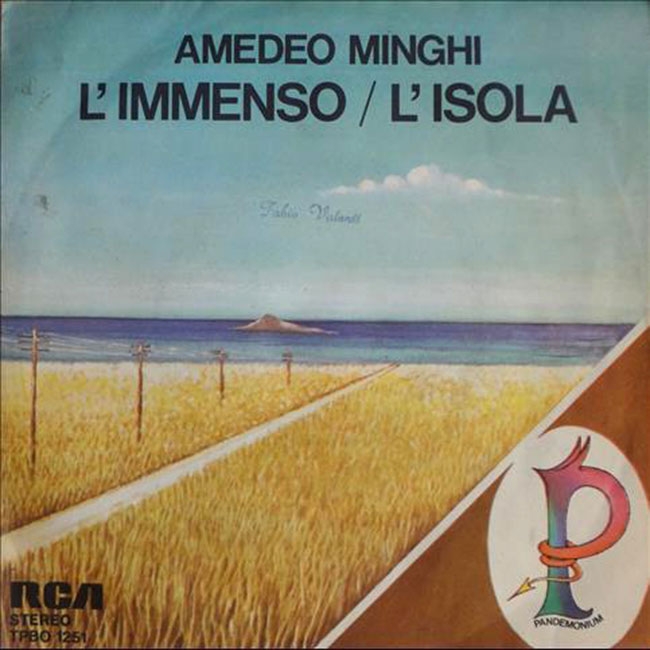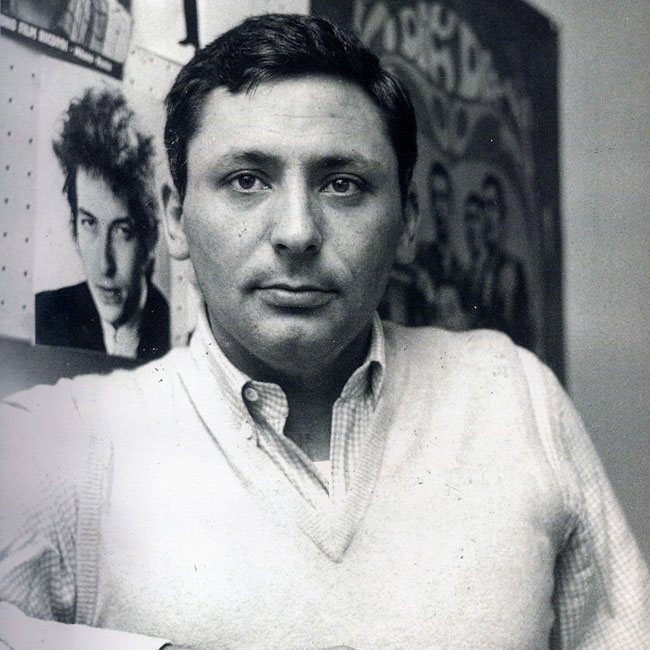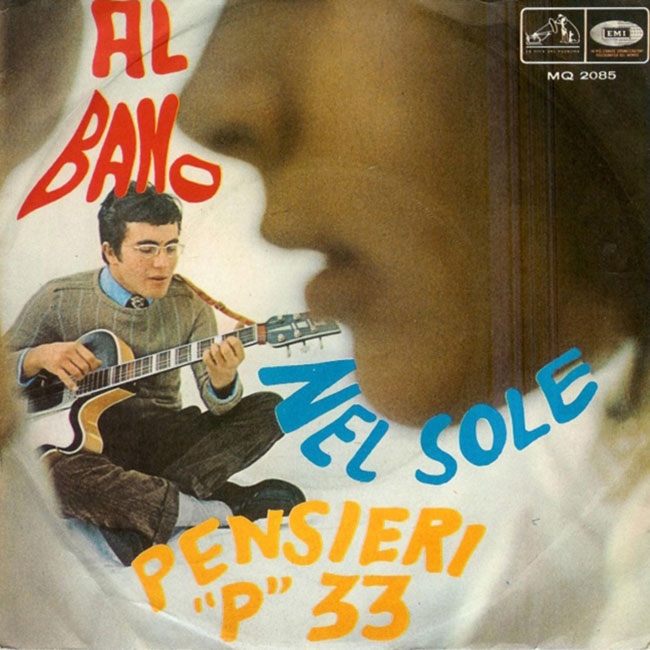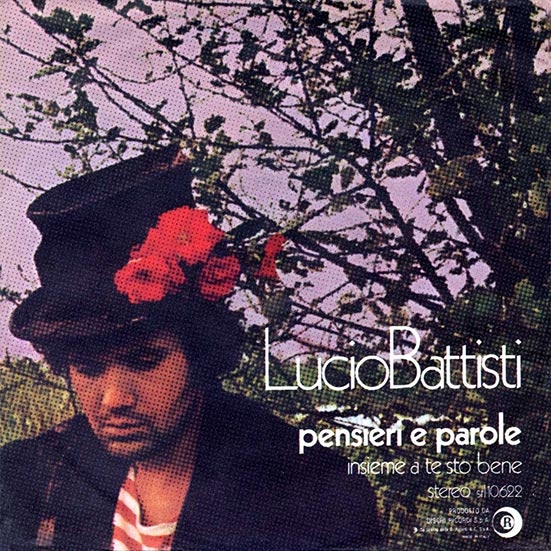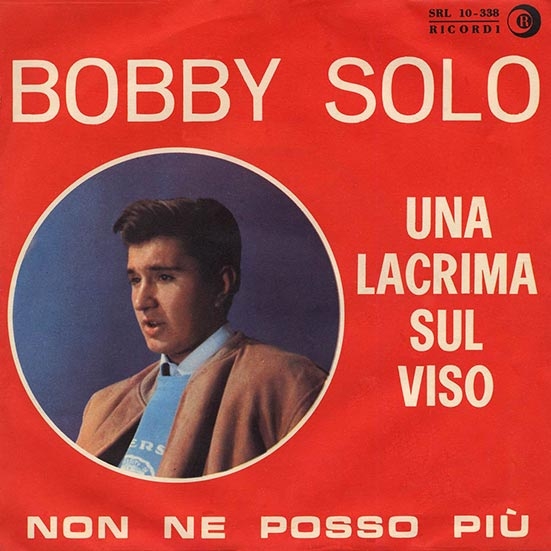Salviamo il pianeta! playlist
Let’s save the planet!
It isn’t true that “they are just ditties”, as Edoardo Bennato sang. Sometimes a song can be vital for keeping the focus on social issues, helping to raise awareness for a just cause. Among the many examples, environment stands out for its growing visibility. While environmental awareness was born in America between World War II and today, confined to the civil rights scene, the ecologist wind reached us in the mid-sixties, when we begin to ponder the consequences of the economic miracle. One of the first to commit to the cause was Adriano Celentano, who in 1966 recorded what was to become one of his best loved songs: Il ragazzo della via Gluck.
In the same year I Giganti - standard bearers of the middle-class beat - were the first to tackle the theme of La bomba atomica. In 1969, Virgilio Savona, founder of the Quartetto Cetra, released a courageous album entitled “Pianeta pericoloso”, in which he tackled emerging issues such as pacifism and the bomb (Little Green Man).
In the 1970s, it was progressive rock that lead the charge: first Le Orme in 1971, with Cemento armato, then Franco Battiato with Pollution (1972) an avant-garde work that rose to the top of the charts and was appreciated by Frank Zappa and Karlheinz Stockhausen. And while Celentano’s counter-current sermons increased (Un albero di trenta piani, 1972) imitated by his followers (Ricky Gianco, Il fiume Po, 1978) songwriters were making ecological songs more poetic: Sergio Endrigo looked to Gianni Rodari for the lyrics of Ci vuole un fiore (1971); Lucio Dalla to Roberto Roversi for Anidride solforosa (1975), the title track of a concept album with strong civil rights tones; Venditti sang “in real time” (it was 1976) about the dioxin disaster (Canzone per Seveso), while Bertoli consigned to history his condemnation with no leniency (Eppure soffia).
The environmental sensibility also contaminated national-popular artists such as Al Bano and Romina, who presented at Sanremo Cara terra mia (1989), destined to become one of their greatest hits. The theme of the Planet to be saved reappeared thirty years later in Laura Pausini’s repertoire (Sorella Terra, 2008) while the new millennium looks to Jovanotti’s rap (La vita vale, 2002) and the rock of Piero Pelù who with Litfiba mentions the Chernobyl disaster (Resta, 2003) and in a solo, pays tribute to the new icon Greta Thunberg, sampling her voice in Picnic all’inferno (2020).

